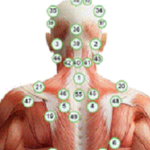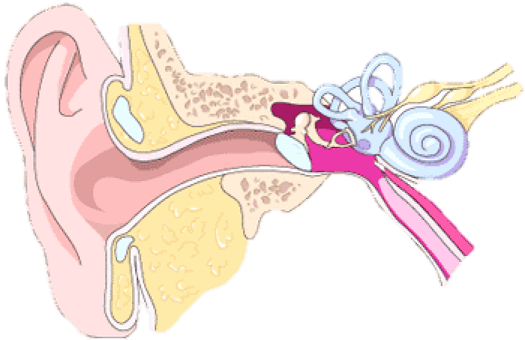The Islamic History of Hijama Therapy
Hijama therapy, also known as cupping therapy, has a rich history deeply rooted in Islamic tradition. It was a practice commonly used during the time of the Prophet Muhammad (peace be upon him) and has been passed down through generations of Muslims. The word ‘hijama’ itself comes from the Arabic term ‘hajm,’ which means ‘sucking.’ The therapy involves creating a vacuum on different areas of the body using cups, which are placed on the skin and then suctioned to draw out impurities.
Narrated Abu Huraira: The Prophet said,
“There is no disease that Allah has created, except that He also has created its treatment.” (Sahih al-Bukhari, Volume 7, Book 71, Hadith 582).
This Islamic evidence has provided Islamic scholars with the impetus to proactively investigate approaches to both physical and spiritual well-being. The search for cures and to study medicine has been instrumental in the development of modern day medicine – with many current day equipment and approaches being subscribed to Muslim scholars of the past.
The Prophet Muhammad (peace be upon him) said, ‘Indeed, the best of remedies you have is hijama.‘ This endorsement by the Prophet further establishes the significance of hijama in Islamic culture. Hijama has been seen to is believed to help cleanse the body from toxins, improve blood circulation, and strengthen the immune system. There are numerous other hadith which further support the use of hijama:
- Narrated by Ibn Abbas (may Allah be pleased with him): The Prophet Muhammad(ﷺ) said, “Healing is in three things: a gulp of honey, cupping, and branding with fire (cauterizing).” (Sahih al-Bukhari, Book 71, Hadith 588)
- Narrated by Ibn Umar (may Allah be pleased with him): The Prophet (ﷺ) said, “Cupping on an empty stomach is best. In it, there is a cure and a blessing. It improves your memory and your intellect.” (Sunan Ibn Majah, Book 28, Hadith 3483)
- Narrated by Jabir bin Abdullah (may Allah be pleased with him): The Prophet(ﷺ) said, “If there is any good in your medicines, then it is in a gulp of honey, a cupping operation, or branding (cauterization), but I do not like to be (cauterized) branded.” (Sahih al-Bukhari, Book 71, Hadith 582)
- Narrated by Abu Huraira (may Allah be pleased with him): The Prophet (ﷺ) said, “If anyone practices cupping (Hijama) on the 17th, 19th, or 21st day (of the Islamic lunar month), then it is a cure for every disease.” (Sahih al-Bukhari, Book 71, Hadith 412)
- Narrated from Ibn ‘Abbas that the Messenger of Allah (ﷺ) said: “On the night on which I was taken on the Night Journey (Isra’), I did not pass by any group of angels but all of them said to me: ‘O Muhammad, you should use cupping.’” (Sahih Sunan Ibn Majah 3477 Daif)
The Evidence for Hijama as a Complementary and Alternative Treatment
In recent years, there has been a growing interest in complementary and alternative treatments, and hijama has gained popularity as a natural therapy with numerous health benefits. While scientific research on hijama is limited, there is evidence to suggest its effectiveness in treating various ailments.
One study published in the Journal of Traditional and Complementary Medicine found that hijama can help reduce pain and improve quality of life in individuals with chronic lower back pain. Another study in the Journal of Alternative and Complementary Medicine showed that hijama therapy had positive effects on patients with migraine headaches, leading to a significant decrease in the frequency and intensity of their migraines.
Hijama is also believed to have benefits in managing stress, anxiety, and depression. The therapy stimulates the release of endorphins, which are known as ‘feel-good’ hormones, promoting relaxation and a sense of well-being. Additionally, hijama is thought to enhance the body’s natural detoxification process by removing stagnant blood and improving the flow of fresh blood to the treated areas.
Experience the Benefits of Hijama Today
If you’re looking for a natural and holistic approach to improve your health and well-being, consider trying hijama therapy. Many individuals have reported positive experiences with hijama, citing improvements in various conditions such as musculoskeletal pain, migraines, digestive disorders, and skin problems.



